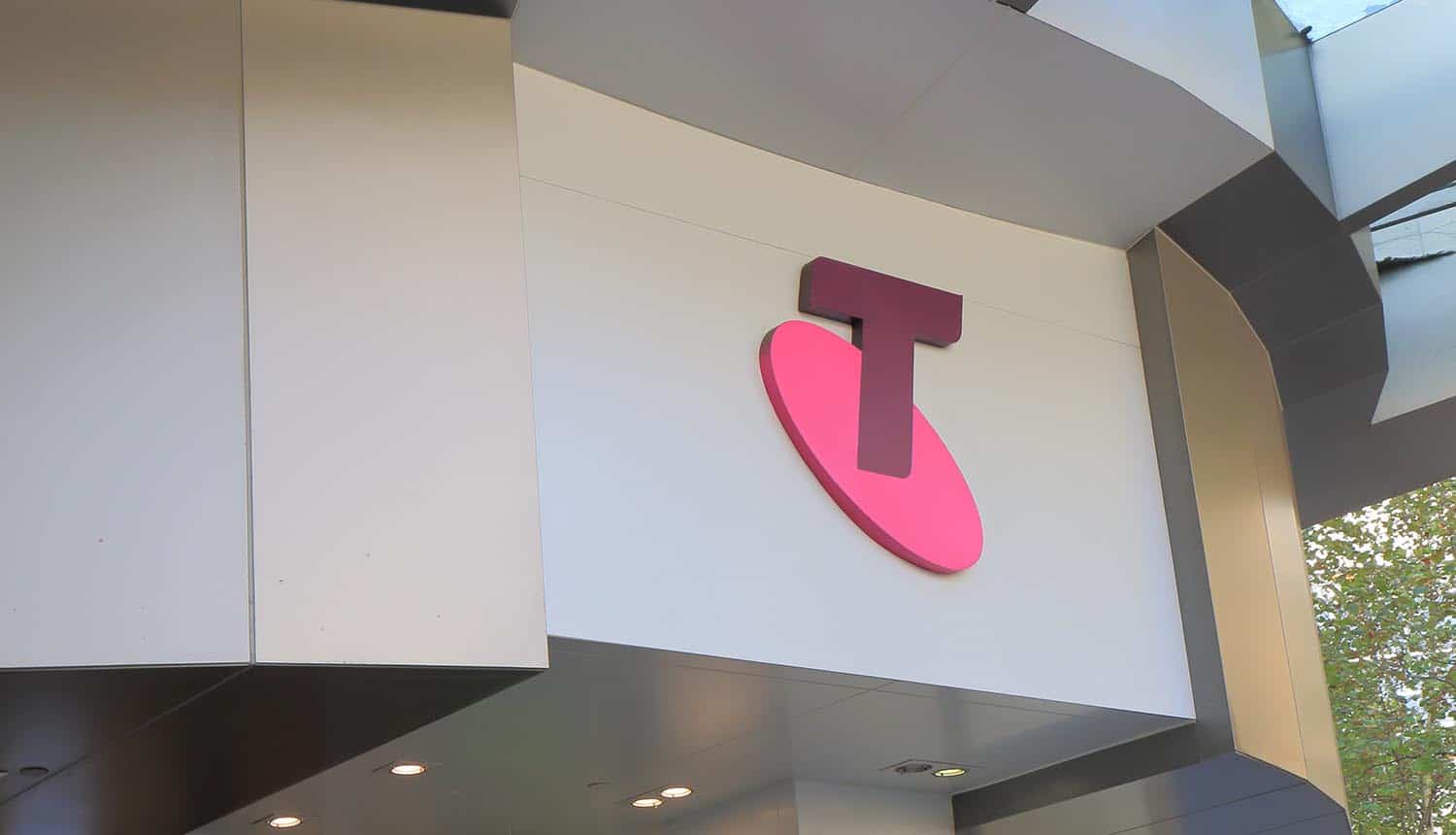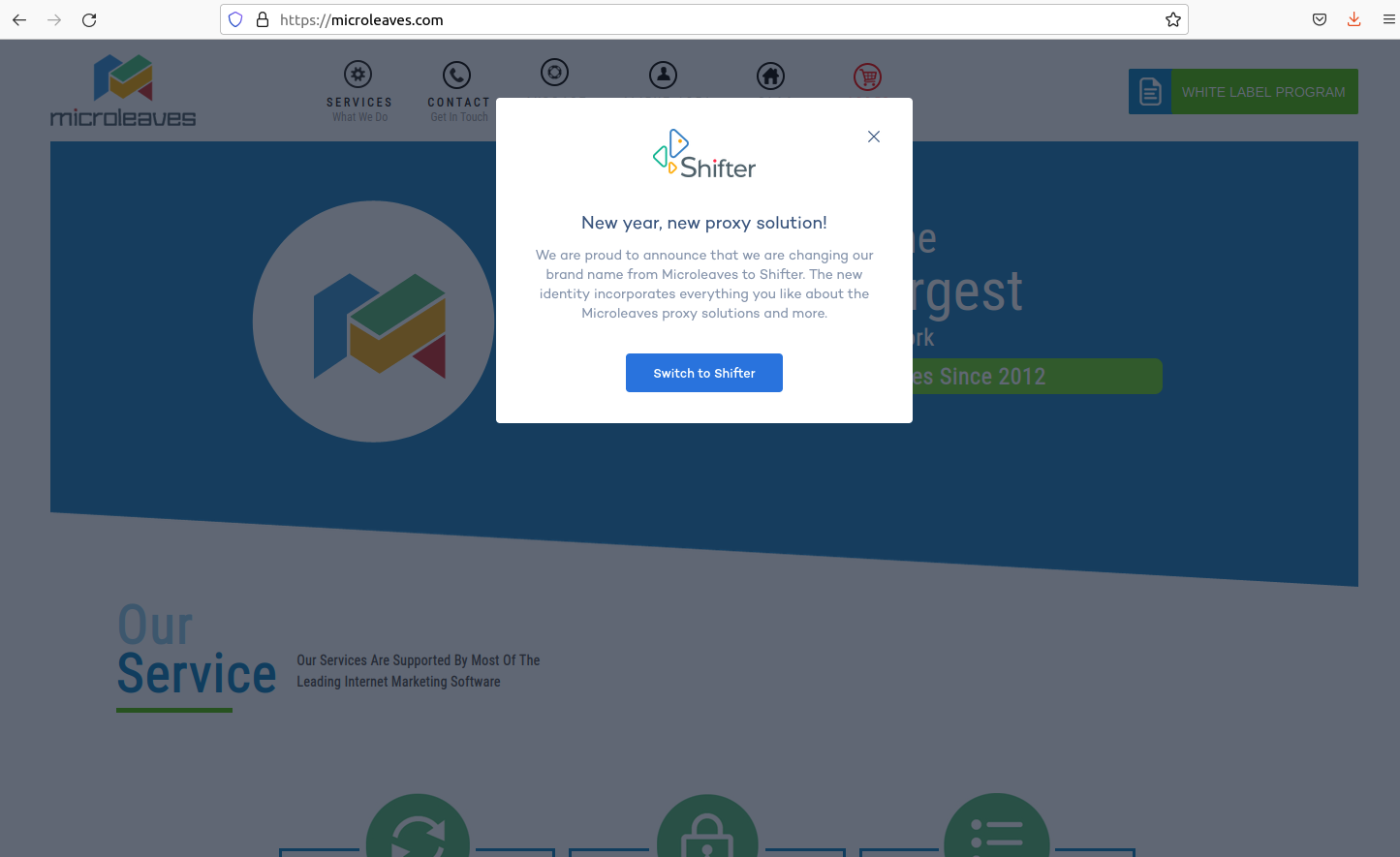$570 Million Hack on Binance Blockchain Exposes Serious Flaws in Cryptocurrency Systems
Join Our Telegram channel to stay up to date on breaking news coverage
On Friday, Binance, the largest cryptocurrency exchange in the world, announced that $570 million had been stolen in a breach of the blockchain it operates to facilitate cross-network transfers of assets. The Binance Smart Chain network attack exposed vulnerability in DeFi, or computer-controlled financial transactions.
System Vulnerable but No Money Lost
In an interview with CNBC, Binance CEO Changpeng Zhao acknowledged that bug-free software is impossible to achieve. The hacker stressed that no users had lost any money, but warned that cross-chain bridges were especially susceptible to attacks and that the industry needs to improve its ability to learn from its mistakes.
A series of assaults have been discovered targeting weaknesses in cross-chain bridges, and the team will freely discuss the specifics of the postmortem and any lessons on how to deploy more sophisticated security measures to shore-up these vulnerabilities, Binance Smart Chain said in an apology blog post.
String of Hacks Cost Market Billions In 2022
The blockchain analysis firm Chainalysis predicted in August that $2 billion worth of cryptocurrencies will be stolen in 13 cross-chain bridge attacks, most of which would occur in 2022. Axie Infinity, a computer game fueled by cryptocurrency, suffered a $600 million hack in March. The amount of $325,000,000 was taken from the Wormhole system in February.
These vulnerabilities illustrate how dependent DeFi platforms are on code for management and how, in times of crisis, decentralization may slow down efforts to fix problems. A group of users called validators manage the Binance chain ecosystem by holding tokens and voting on proposed code modifications.
Binance Smart Chain issued a statement explaining how it was able to prevent the situation from spreading by contacting community validators one by one. The closure is postponed, although the damage was kept to a minimum.
Final Decision in the Hands of Binance Smart Chain Community Members
It will now be up to the Binance Smart Chain community to decide on what to do next, which may include freezing the stolen cash and giving a bounty of up…




